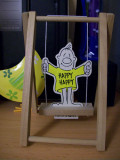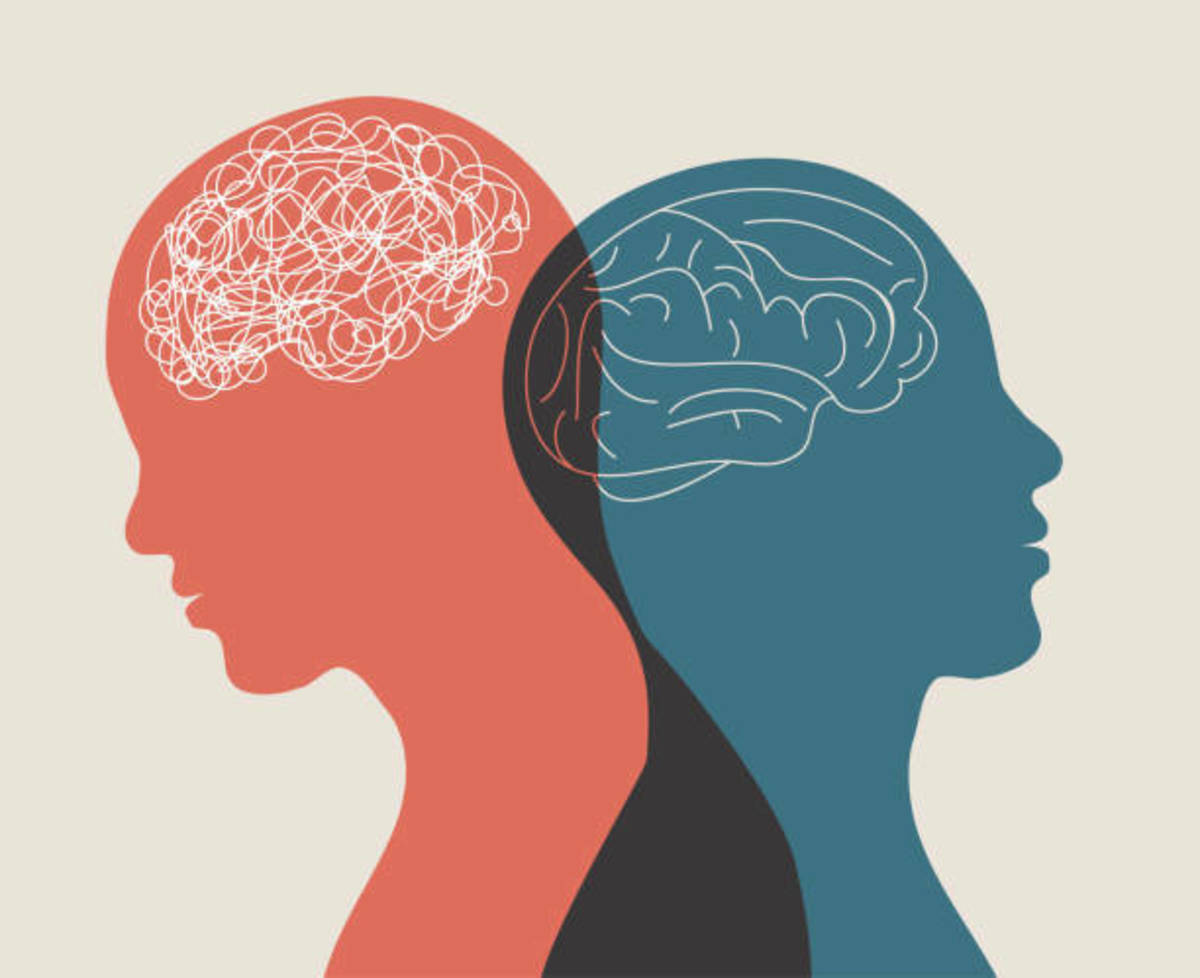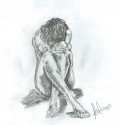Bipolar Life and the Positive Effects of Self Knowledge.
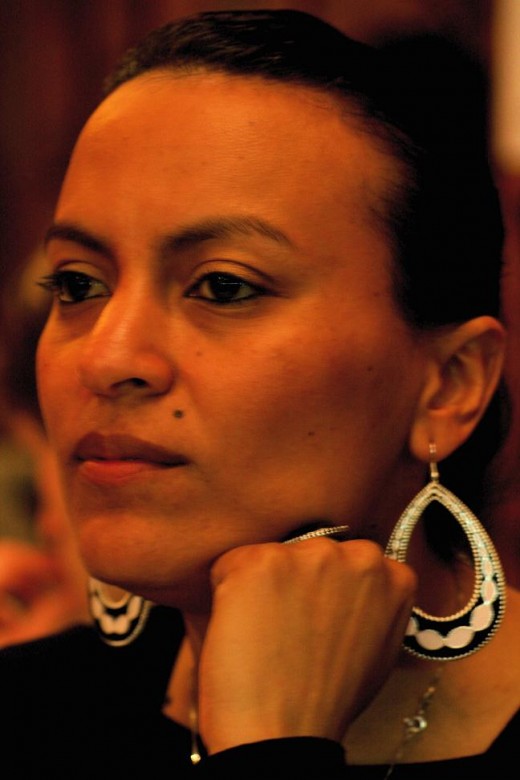
The Need to Become Successful
Living a successful and satisfying life with Bipolar Disorder, took 15 years of my life, thinking many times I'd be better of dead. Not because I really wanted to die but mostly because I had no energy left to go on another exhausting day.
I was so annoyed by that Bipolar voice inside, always reminding me of my sensibility to daily stress. Until I got diagnosed at the age of 23, I had a rather simple view of life in general.
The worst thing that could happen was ending up without a boyfriend who'd understand my crazy mind. I was young and insecure, always having a hard time when I got criticized by anyone in particular and I always felt compulsive in doing things a certain way.
Next to that I was a perfectionist and a control freak, with the character of a passionate Latina. Furthermore I was highly sensitive to the opinions of other people, I was raised by my adoptive parents with high expectations and my fear of making any kind of mistake was easily developed over the years. I strongly believed any kind of failure in life was unacceptable.
I felt I needed to become a successful person, earning my respect through the amount of money I made, the amount of children I had given birth to and the dedication to my future husband. Accepting all those things without complaing even though it would make me unhappy.
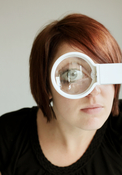
Causing Damage
Even though I have many positive characteristics, my personality is an interesting mix of difficulties. When Bipolar Disorder peeked around the corner, I could become that person looking for any kind of confrontation, provoking people close to me.
Like a magnifying glass, Bipolar Disorder exaggerates my negative characteristics to break down the other person. I would demand the other person to listen to what I had to say, with an energy so imposing on others that even I got scared of my own powers of speech.
So, it will come to you as no surprise that I ruined many friendships and that I left a trace of troubled relationships with men along the way. And let's not forget the damage I caused to the strong relationship I had with my brother or the fragile and delicate bond I had with my parents.
Bipolar Disorder Can Be Your Personal Study
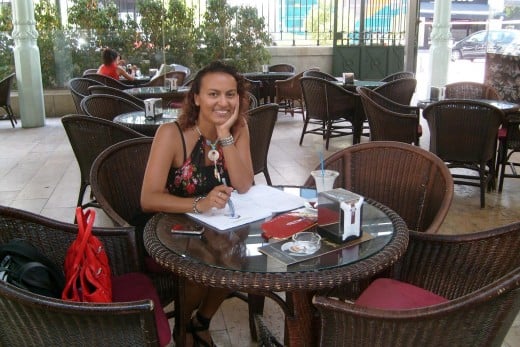
Just a Bad Stage in Life
As I write in my first Hub Love to be Bipolar! From isolation to success, I am a stubborn woman, finding it very difficult to accept a certain change in life.
Accepting Bipolar Disorder is one thing, but changing your life style is another very complicated process. At first I didn't accept my disorder at all and I skipped medication whenever I wanted to. I was under the impression for a long time, that I was in a bad stage in life. I believed it would pass by if I waited a little longer.
My self image at the time went down the drain and I was far from being that successful woman. Yet I hadn't learned my lesson until the summer of 1999. I was out of it for months in a row and it became my most desctructive episode in life. I went in and out of hospitals while threatening staff members with a lawsuit if they would keep me locked inside, even though I didn't stand a chance without a real treatment.
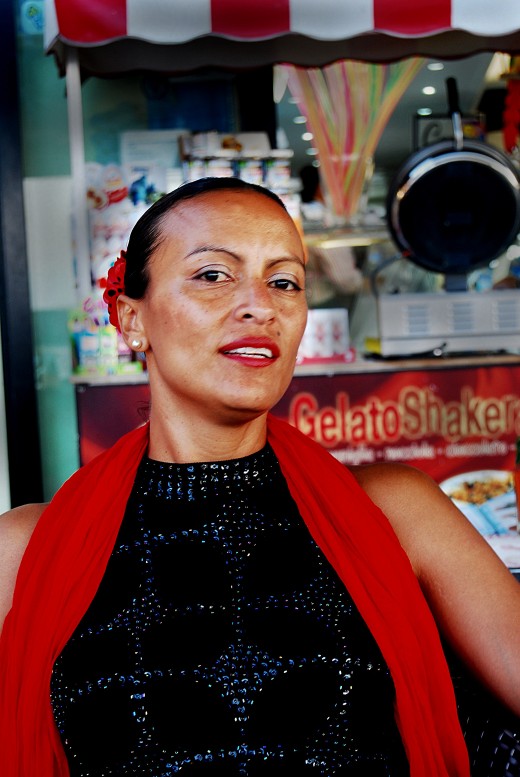
Learn to Love Your All
Why share intimate details of a life I once led? Why display part of my madness on the world wide web? Because I hope to encourage those that still suffer from Bipolar Disorder, to open up and forget about the stigma. You might feel ashamed but you will be amazed about the reactions you get from people applauding you, for being so open about it.
Prejudices, stigmas, different career possibilities and harsh opinions will always be a part of the world you're living in. Getting angry over it or wanting it to change, is putting a whole lot of energy into nothingness.
To get fully understood by your loved ones, is a true gift. People surrounding you will need to learn about the complex relationship between your character, Bipolar Disorder and everything else you are as a person.
One of the hardest things for me to accept, was to face the person I had become, long before Bipolar Disorder came into my life. It is horrible to come home after sessions with your psychologist. They can be so confronting and painful.
I'm not the fierce woman I've become because I did some therapy and took my pills. I am still manipulative, far from perfect and you can get me in a corner easily, for not being right. The only difference?
I learned to love my all. The perfectionist is still there, the control freak too but I learned to let go of an image put inside my head by society, upbringing, education and media. Embracing your negative characteristics can be as difficult as accepting you're Bipolar Disorder.
Still you are a wise person for doing so. You will benefit from the self knowledge that you absolutely need to turn your suffering into real stability. I'm not talking about the stability in between episodes but about stability of years and years with a few normal ups and downs in your moods.
- Psychiatric Rehabilitation Consultants (PRC)
Find all the information you need on Robert Paul Liberman and his training modules.
From 1999 this is what I've been doing to get my act together:
- I lived for a year in a community for people with all sorts of mental illnesses, learning how to re-socialize after having been hospitalized for a long time.
- My personal coach in this community, developed a crisis care plan with me, making it easier to understand my triggers in daily life, that can cause my episodes.
- From this community, I went to an apartment of my own, speaking every two weeks to an extremely good psychologist, a job-coach and a psychiatrist. The sessions with them were brought down to every two months in the end and I have been seeing them over a period of eight years.
- I followed two intensive training modules of R.P. Liberman, to learn about anti-psychotic medication and coping with Psychosis and Bipolar Disorder, with the emphasis on living your life as independent as possible. I followed both training modules in one year, going to this therapy twice a week.
- As a result of those training modules, I monitored myself daily by two different charts, to get a very good picture of my warning signs and lasting symptoms. I kept doing this for three years, filling in these charts before going to bed.
- I joined a support-group for Bipolar people, became a member of their magazine and later joined the editorial staff, writing about Bipolar Disorder.
- I was obliged by the Dutch government, still paying my pension for disabled persons, to follow three different training modules, to re-socialize and to find a suitable job. After three trainings I did.
- I insisted to get of Lithium and Risperdal, trying to convince my psychiatrist for years because of the horrific side effects, finally starting with Carbamazepine and Seroquel in 2003. As a result I lost the 30 extra kilos and gained a lot more self esteem.
- In 2007 I decided to live my life as a single woman, travelling around the world on my own, to finally immigrate to Spain where the sunny climate has a positive effect on my mood swings.
- I never gave up on mental health care, even though I spoke to a lot of worthless professionals before 1999. Those whom I could manipulate in a second.
- I made sure to surround myself with positive people in life even though that meant being alone without friends for years. Better to have no friends than friends who do drugs or too much alcohol. I also learned to stay away from ex-patients I met before, since many of them relapsed, clinging on to someone who's improving his/her life.
- And last but not least. I changed my life style completely! Something to get into much deeper than I will do now.


